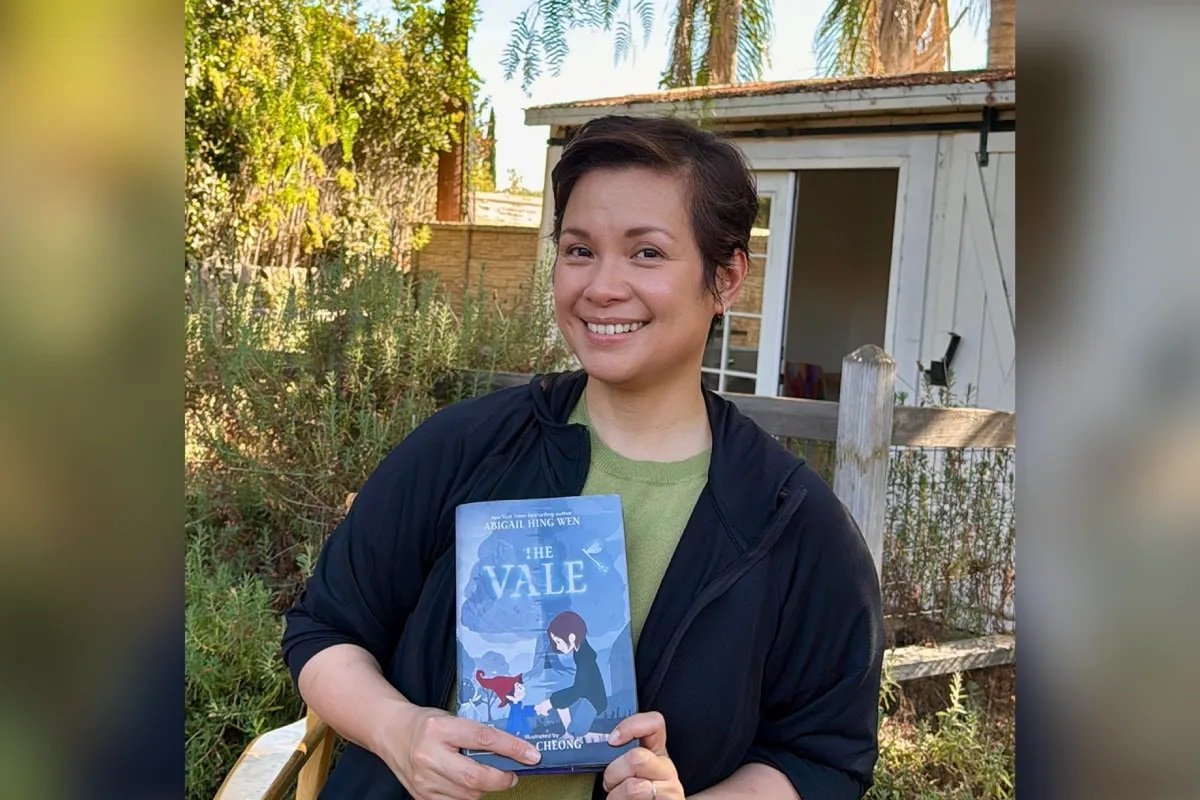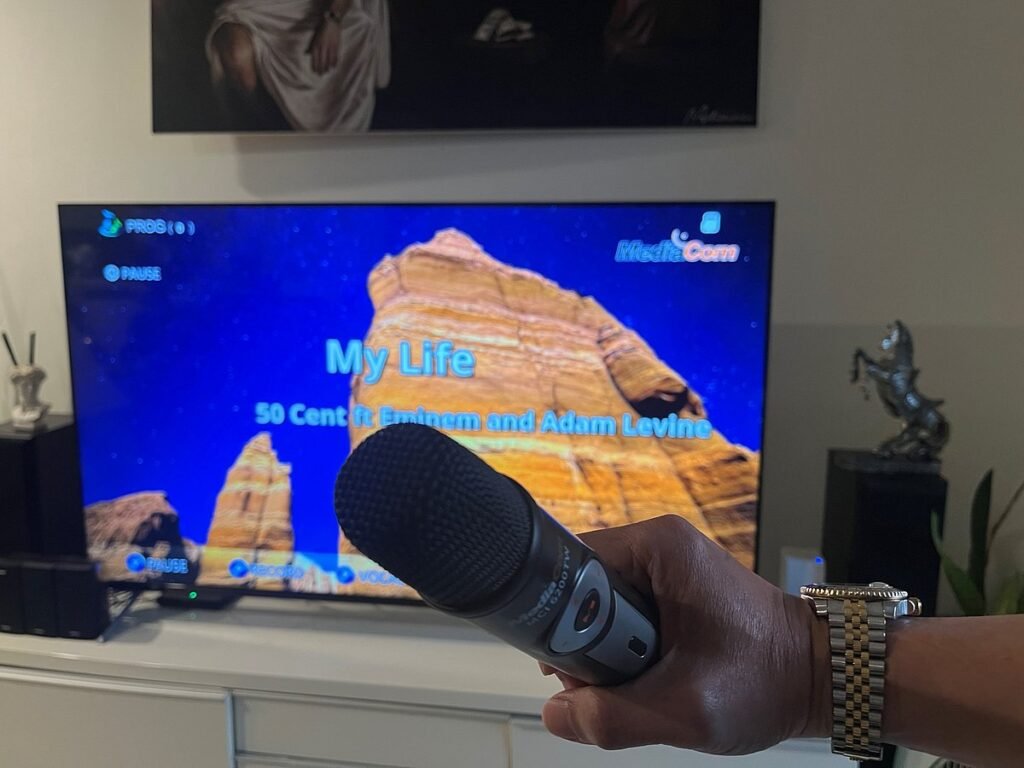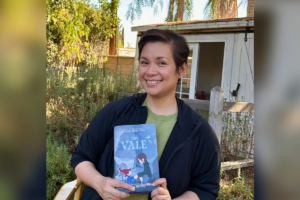A national passion, rooted in history and heart
From the Spanish-era harana to today’s viral videoke sessions, singing has always had a place in Filipino identity. Glen Sanchez, 32, ties it back to tradition: “We had this Filipino culture called ‘Harana’ — where men serenade women. That’s how deeply singing is ingrained in us.”
For Renier Ross Loresto, 29, karaoke may have Japanese roots, but it has found a deep, natural home in Filipino culture. Thanks to strong ties between Japan and the Philippines in the ’70s and ’80s — and Filipinos’ innate love for music — karaoke became a household essential. From folk songs and hymns to pop hits, music is embedded in Filipino life from childhood.
And for many overseas Filipinos, karaoke bridges distance and memories. Janice Puentesfina, 43, recalls: “When my father worked abroad, he bought us a karaoke machine to feel close to us. Through his favorite songs, their family felt his presence even from miles away. At gatherings, karaoke turns ordinary moments into celebrations, revealing hidden talents and creating joyful memories. For Janice, it’s also a powerful tool for emotional expression — when words fall short, singing steps in.











